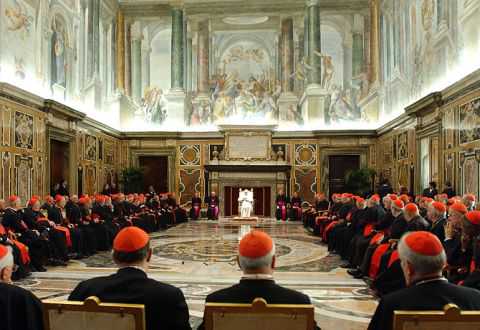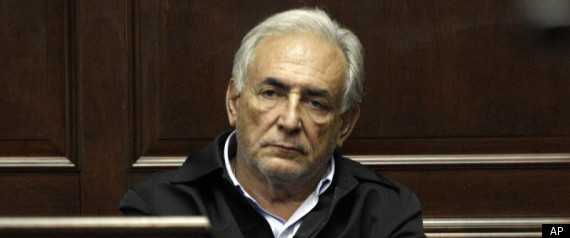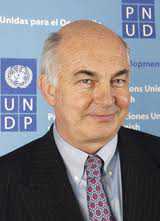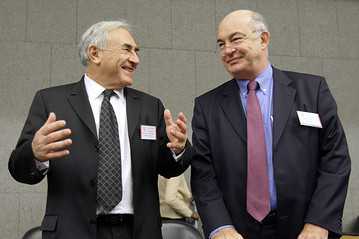It will not happen to me! Guess what? It Will! Chapter 10
THE GREEDY STIR UP CONFLICT, BUT THOSE WHJO TRUST IN THE LORD PROSPER.
Proverbs 28:25
Chapter 10 The Greedies- There are many.
Editor’s note: I write these chapters on the theory that my recommendations in Part One were not followed and the entire world is sinking into an abyss that is mentioned in Revelations. That is the last book in the Christian Bible. It would behoove the dear reader to pass these chapters along to your politicians who are supposed to represent you. All nations must have a better understanding of our problems.
YOUR FRIENDLY BANKER IS NOT YOUR FRIEND.
I remember reading the Wall Street Journal about how the “friendly banker was calling people and saying , “want to borrow some money?” That was in the mid-1960s. My how times have changed!
The 1929 crash was blamed on too much easy credit. Margin for stocks was 10%. That means if one wanted to buy $1,000 of stock ; all one had to do was put $100.00. If a stock r5ose 10% one would double their money. Conversely if a stock dropped 10% one’s investment was wiped out There is an old rule on the Wall Street. “Never meet a margin call with cash – the stock is telling you something- SELL!”
Today Margin for stocks is 50%. This means if you want to buy on margin then all you have to do is borrow some money in order to pay 50%. I have seen margin rates in the 1960’s as high as 90%. The Federal Reserve used to raise or lower margin rates to curb enthusiasm or dampen speculation.
Today margin rates for US Treasuries are 10%. Many commodities are the same, but some are raised or lower in order to protect the players. When one is making a long term commitment in a commodity such as some precious metals they should pay cash and take delivery. Some firms provide storage space. This prevents the individual from getting whip sawed by professional traders.
So in 2012 the big problem has been in derivatives and collateralized mortgages or CMO’s. All these debt instruments are started off by buying a slug of treasuries at lowest possible margin rates and adding and mixing products with those moneys at enormous fees(all hidden of course). Then to add frosting on their cake they split it all up into several “tranches”( really layers) and pass some off to the unsuspecting public marked up even further.
There has been a feeble attempt for “transparency” which means the buyers want to know the commissions involved.
These so called debt instruments break another cardinal rule for brokers. If it is to complicated to explain to your potential buyer forget it. It is
called the KISS. KEEP IT SIMPLE STUPID!”
It is almost impossible to track each part of these instruments since record keeping is at the kindergarten level. But all future trades should be banned and existing one allowed to mature whenever that may be.
All these problems are result of the Glass-Stiegel Act in the 1930s and rescinded in the 1990’s. The problem was that the Congress did not review this act for almost 70 years and it became a hindrance to the banking industry and eventually the public. Times change and industries mature and acts like this one should be reviewed by a bipartisan commission every 12 to 15 years.
Congress should revisit the Federal Reserve Act and realign the Federal Reserve districts so that each one has equal dollar weighting.
Immediately, banks and brokerage firms should be segregated the old fashion way. Split from each other. It is the Volker rule with force. A banker is a banker and loves reserves. A broker is a broker and a risk taker. He loves to trade and take risks. A banker is not a broker and a broker is not a banker.
When a major player can disrupt the steady flow of income and earnings of a normal investment by using manipulating strategy that are unavailable to the general public – they should be banned.
The banking industry has to take a big hit in order to restore fairness and an even playing field for the public and long term growth.
The government must be in control of a financial system with hard and fast rules that must be enforced with a vengeance. They should be the umpires or referee’s that professional sports enjoy. Have you ever seen a professional hockey player take on the referees that are on the ice breaking up fights?
The only referees that I have seen step back were the ones working Wayne Gretzky games. He had an enforcer on his line that would go “ape” if anyone took a cheap shot at Hockey’s greatest star. I even saw a player he was after run off the ice and never came back on the ice
Business should have similar rules and then we should all prosper.
Our Congress is the body to make the laws to help for the common good. It is up to the Supreme Court to determine whether that law is valid. This is our check and balances that the founding fathers had faith in. The lobbyist have become to powerful force that denies the citizen his individual rights in favor of the larger corporations.







